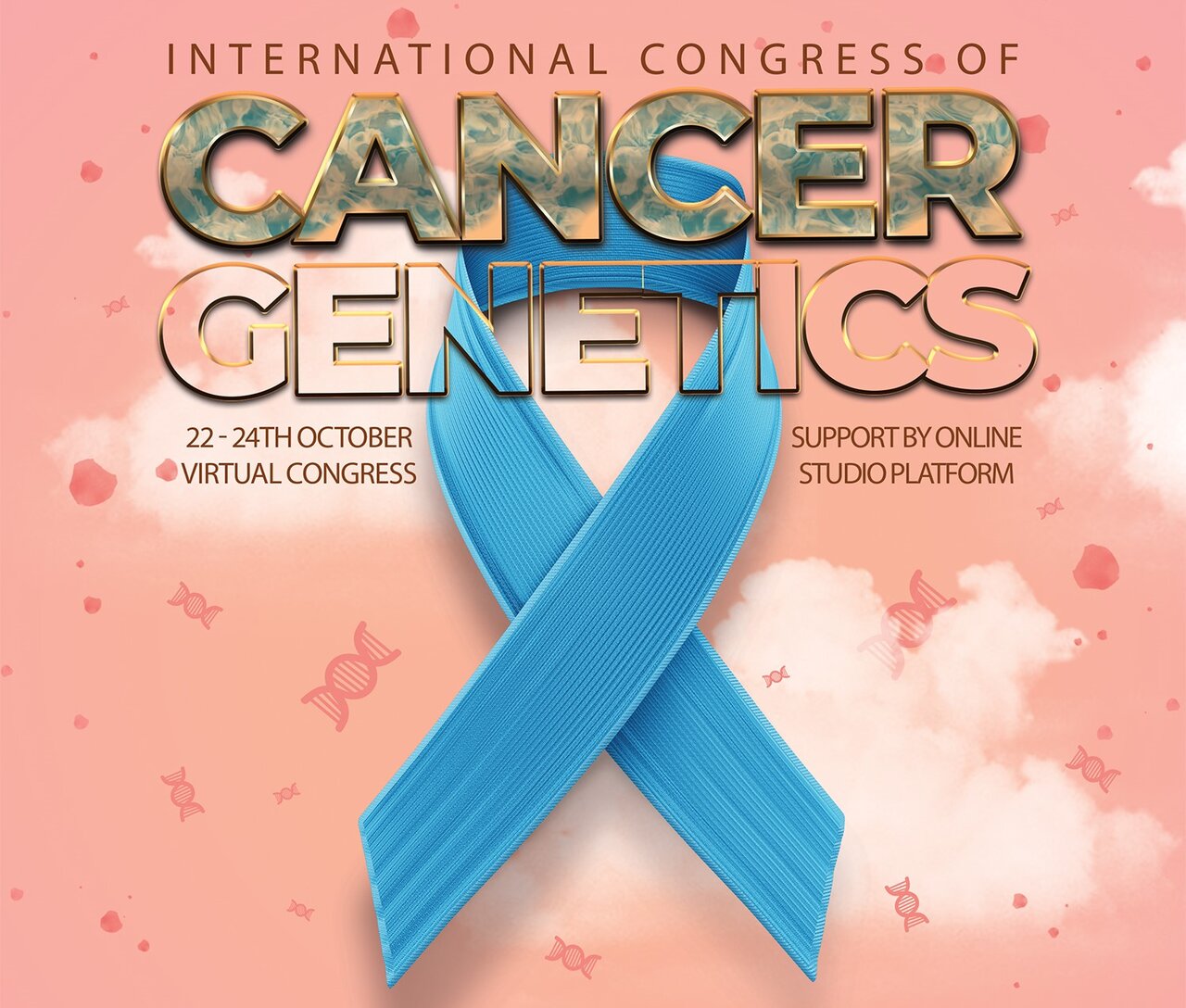Intl. Congress on Cancer Genetics to be held

TEHRAN –The first International Congress on Cancer Genetics is going to be held virtually from October 22 to 24 in Tehran.
All cancers are genetic, DNA (deoxyribonucleic acid) is in every cell of our body. Each strand of DNA contains many genes. All cancers begin when DNA mutations, or changes, cause cells to divide and grow out of control.
However, it is different from hereditary cancer. Hereditary or family cancer means that family members are at risk of developing certain types of cancer.
The congress mainly focuses on innovative methods for cancer prevention, detection, and treatment.
Research in the field of genetic assessment and the prediction of cancer occurrence will help prevent the rise in cancer cases in the country, reduce treatment expenses, promote public health, and extend life expectancy, as well.
Cancers account for more than 55 thousand deaths annually. Some 34 thousand deaths out of 122 thousand premature deaths (under 70 years of age) and 11 thousand deaths out of 85 thousand very premature deaths (under 50 years of age) are caused by various cancers.
Cancers are the leading cause of premature mortality in the country, according to the health ministry.
The latest national cancer census shows that the number of new cancer cases in Iran is expected to increase to 160,000 by the Iranian calendar year 1404 (March 2025-March 2026), indicating an increase of 43 percent.
The first 10 most common cancers in Iran are breast, prostate, colon, stomach, lung, bladder, thyroid, uterus, brain, and spine cancers.
The most common cancers of Iranian women include breast, colon, thyroid, stomach, uterine, leukemia, ovary, brain and spine, lungs and esophagus.
Around 250,000 Iranians are now living with cancer. Half of cancers can be almost treated and the rest can be avoided.
Recent achievements
On January 20, the Iran University of Medical Sciences (IUMS) announced the development of a system based on artificial intelligence (AI) that can detect breast cancer with 94 percent accuracy, IRNA reported.
In Iran, breast cancer is the second-leading cause of death in women as around 30 percent of patients die each year, nearly as much as the world average.
Earlier detection of cancer increases the chance of successful treatment and survival.
Also, an Iranian knowledge-based company announced readiness to meet the needs of regional countries as well as North Africa for the human papillomavirus (HPV) vaccine. HPV is known to cause cervical cancer in women.
The product has been manufactured at a much lower price, 75 percent cheaper, compared to foreign samples.
Producing the HPV vaccine needs one of the most complicated technologies in the world, and Iran has been able to produce the vaccine domestically.
Once the vaccine proved its safety and effectiveness in increasing the antibody titer, it obtained the Food and Drug Organization’s approval to enter the market in 2020.
In September 2023, an Iranian knowledge-based company succeeded in producing ‘ibrutinib’ which is used to treat various blood cancers, making the country the third producer of the medication in the world.
Now Iran, India, and China are the only three countries in the world that have the high-tech knowledge to produce ibrutinib and necessary raw material, IRNA reported.
MT/MG
